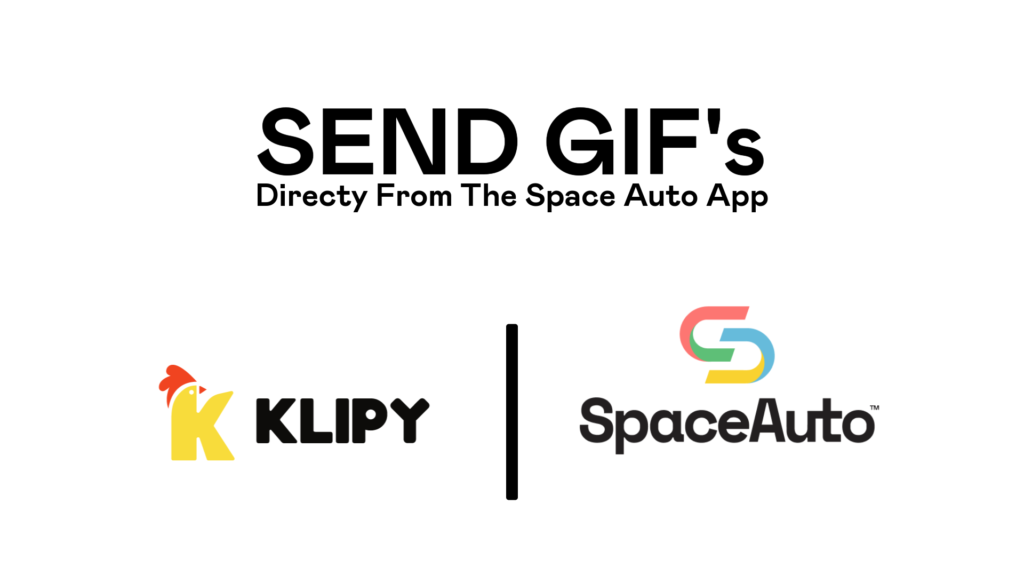
12/21/2022
Want to Sell More Cars and Provide Better Customer Service at your Car Dealership? Here are 5 Ways CRM Automations Can Help.
How can setting up CRM automations help you sell more cars?
CRM automation can be a powerful tool for car dealerships to improve customer service and create a better customer experience. By setting up automated communications, dealerships can stay in touch with customers and provide them with the information they need, when they need it. This could include sending reminders for service appointments, providing updates on the status of a repair, or offering special deals and promotions.
Automated marketing campaigns can also nurture leads and keep customers informed about new products and services, helping build long-term customer relationships. Additionally, dealerships can use CRM automation to track and analyze customer data, gaining insight into customer behavior and preferences. This information can be used to tailor the customer experience and provide personalized recommendations and support. Overall, CRM automations can help dealerships save time and resources while improving customer satisfaction and loyalty.

What should you remember when setting up automated communications and campaigns in a car dealership CRM?
- Make sure the messaging is personalized and relevant to the recipient: Automated communications and campaigns should be tailored to the individual recipient, taking into account their interests, needs, and history with your dealership. For example, suppose you have a customer who recently purchased a vehicle from your dealership. In that case, you might send them a personalized email thanking them for their business and offering a discount on their next service appointment.
- Use segmentation to target specific groups of customers: By segmenting your customer list, you can create customized campaigns for different groups of customers. For example, you might create a campaign for customers who have recently purchased a vehicle, and another campaign for customers who have shown interest in a particular make or model.
- Test and optimize your campaigns: Before launching a campaign, it’s a good idea to test different versions of the messaging and see which ones perform the best. For example, you might test two different subject lines for an email campaign and see which one gets a higher open rate. You can then use this information to optimize your campaigns for better results.
- Set clear goals and objectives: Before setting up a campaign, it’s important to have a clear idea of what you hope to achieve. This could include generating leads, increasing sales, or improving customer satisfaction. For example, if your goal is to generate leads, you might set up a campaign that offers a discount on a test drive to customers who fill out a form on your website.
- Monitor and track the results of your campaigns: It’s important to track the results of your campaigns to see how they are performing and identify areas for improvement. This could include looking at metrics such as open rates, click-through rates, and conversion rates. For example, if you are running an email campaign, you might track the open rate to see how many people are opening the emails, and the click-through rate to see how many people are clicking on links within the emails.
How can setting up CRM automations help you save money?
Setting up CRM automations can help a car dealership save money in several ways. First, automations can reduce the amount of time and resources needed to manage leads, communicate with customers, and follow up on sales opportunities. This can help reduce labor costs and increase efficiency. Additionally, automations can help a dealership optimize its marketing efforts by targeting specific groups of customers and analyzing the results of campaigns.
Automations can help a dealership improve customer retention and loyalty, leading to increased sales and long-term cost savings. By providing excellent customer service and keeping customers informed and engaged, a dealership can reduce the cost of acquiring new customers and increase the lifetime value of its existing customer base.





